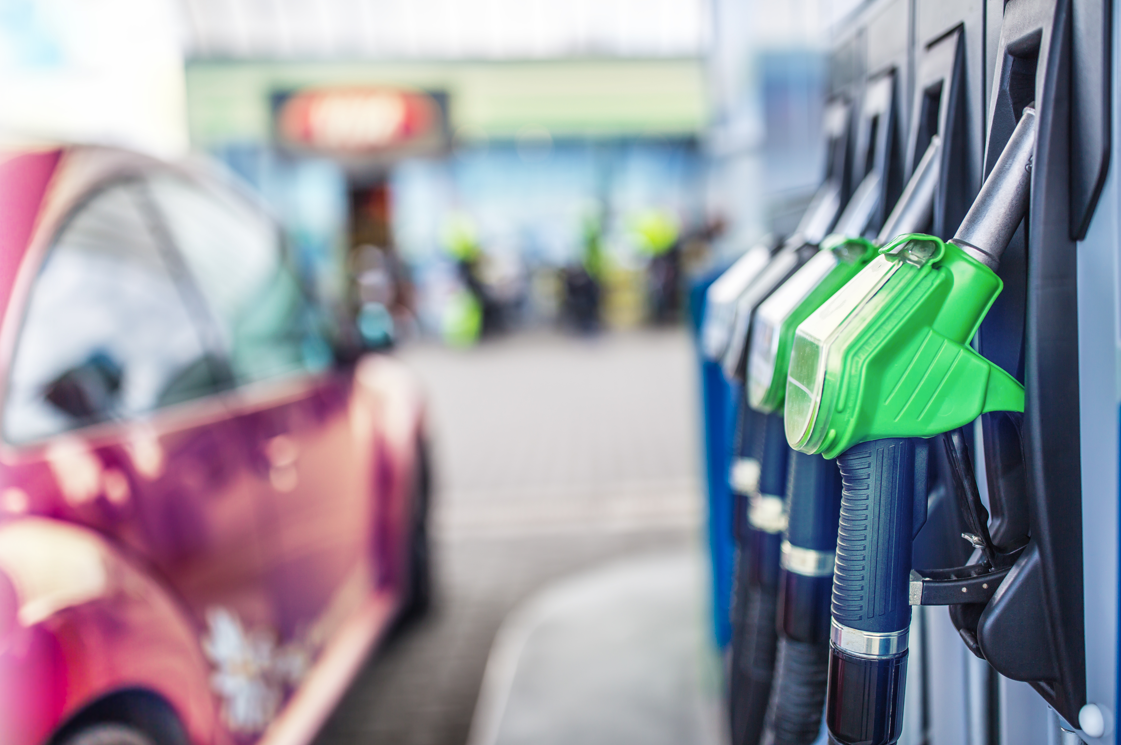Petrol most heavily taxed fossil fuel per tonne of CO2 emitted – CSO

Petrol is the most heavily taxed fossil fuel per tonne of carbon dioxide emitted, according to new data from the Central Statistics Office.
In its 2020 Fossil Fuel Subsidies report, the CSO calculates that those who drive petrol vehicles pay an average effective carbon rate of €267 per tonne of CO2 emitted, equating to a total energy tax on petrol, excluding VAT, of €0.63 per litre.
Because of a lower excise duty charged on diesel, the effective carbon rate paid by diesel drivers was 29% lower at €190 per tonne in 2020, equivalent to a total energy tax of €0.51 per litre of diesel.
In both cases, the effective carbon rate on motor fuel emissions was much higher than on other fossil fuel emissions.
On jet fuel for instance, where commercial flights are exempt from excise duty and carbon tax, the effective carbon rate was as low as just €0.09 per tonne of carbon dioxide emitted – just a tiny fraction of rate levied on petrol vehicles.
The effective carbon tax charged on Marked Gas Oil, which is often referred to as green diesel and is used by farmers for operating tractors and farm machinery, was €40 per tonne of carbon dioxide emitted.
Commenting on the release Clare O’Hara, Statistician in the Environment and Climate Division of CSO , said: “Total fossil fuel subsidies in 2020 were €2.2 billion. In 2019 total fossil fuel subsidies were €2.8bn.
“The decrease from 2019 to 2020 was mainly due to the reduction in consumption of fossil fuels for transport, in particular aviation, due to the Covid-19 pandemic.”
Jet kerosene used for commercial aviation is exempt from excise and carbon taxes.
Using the excise duty for heavy oil used for air navigation as a benchmark, the CSO estimates that the amount of revenue foregone in 2020 on jet kerosene due to the tax exemption was €234 million. This compares with €634m in 2019, before the pandemic.
“Using the petrol excise duty rate as a benchmark, we estimated the amount of revenue foregone on autodiesel in 2020 due to a lower excise duty rate as €338m, compared with €400m in 2019,” Ms O’Hara said.







